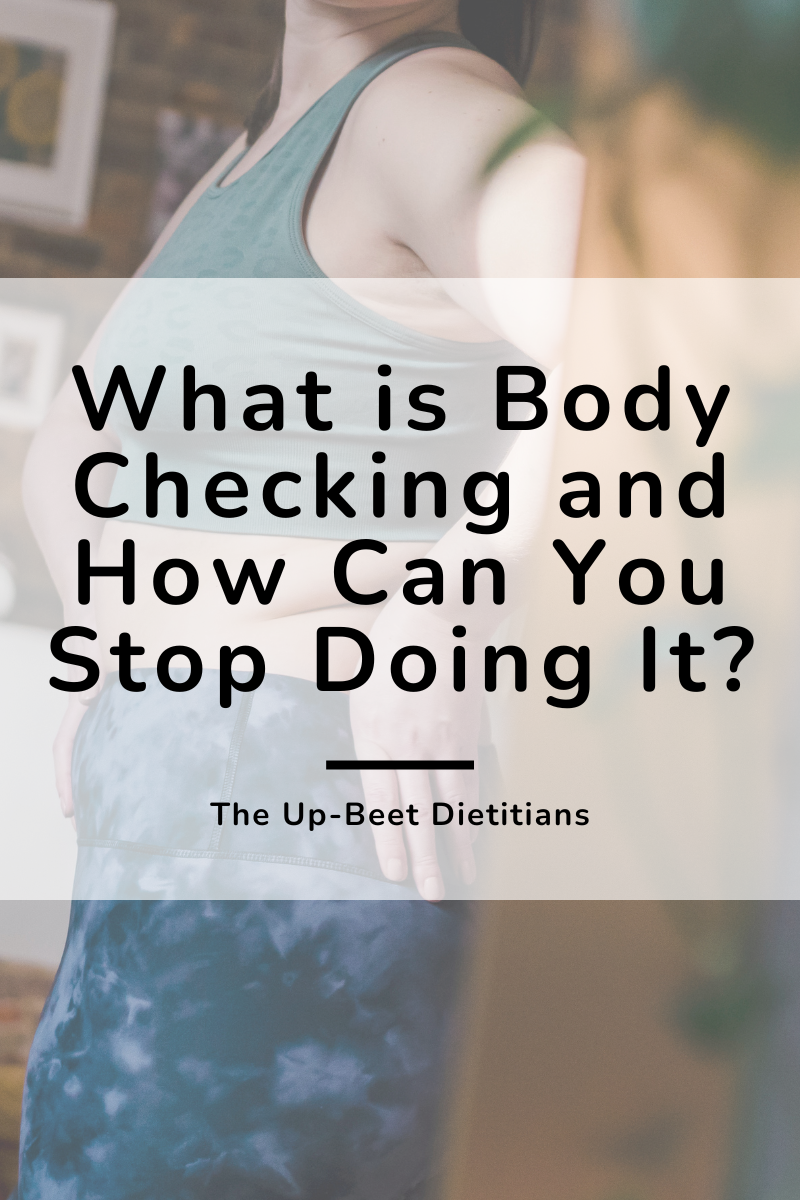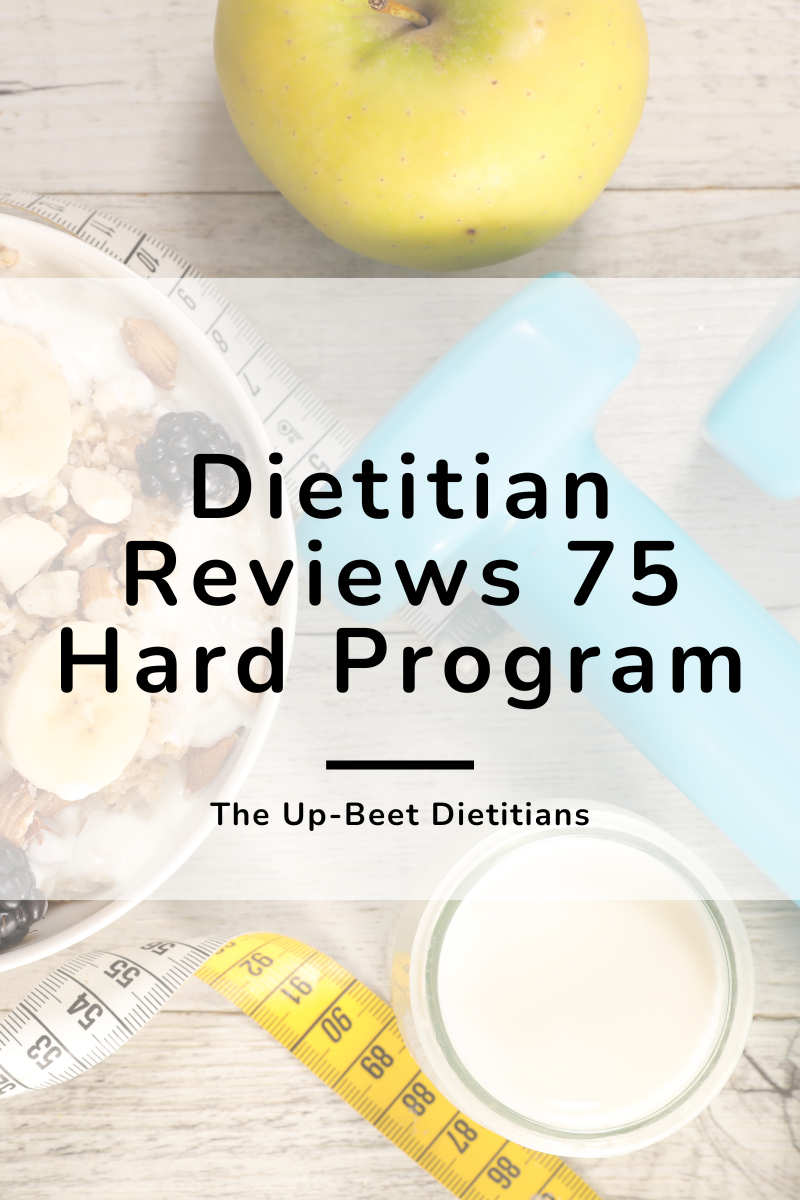A Dietitian’s Guide to Overcoming Emotional Eating
Written by: Emily Krause, MS, RDN, LD
Have you ever felt yourself drawn to food when in a stressful situation? The desire to eat when you’re emotional isn’t uncommon and it also isn’t bad, it’s a very normal response.
Emotional eating is oftentimes a means to satisfy an emotional eating. Whether it’s out of a “positive” or “negative” emotion, individuals gravitate towards food for a variety of different reasons. We’ll chat today about what emotional eating is, what the different types of emotional eating are, if it’s bad, and how you can overcome emotional eating.
What is emotional eating?
Emotional eating can stem for a multitude of different reasons, but let’s start with the difference between physical and emotional hunger. There are many different types of hunger, but we’ll focus on emotional versus physical.
Physical hunger can be a result of different factors: low blood sugar levels, increased physical activity, going long periods without eating, etc. Emotional hunger tends to result from fatigue, high stress levels, boredom, or dealing with guilt, shame, or regret. Emotional hunger is driven from more internal factors whereas physical hunger is affected by more physiological factors.
We experience hunger for different reasons and that’s okay! You can honor any type of hunger that you feel. It’s important to identify the differences. One of the most important aspects of intuitive eating is understanding your body’s internal cues and why we have them.
What are the different types of emotional eating?
Eating emotionally is very normal and can happen for a variety of reasons, we just might not realize it! There are four primary types of emotional eating: stress, boredom, celebratory, and sadness.
Stress eating is one of the most common types of emotional eating. Have you ever had a deadline coming up or you received bad news? Did you find yourself wanting to find something sweet or salty to munch on? Have you ever found yourself using food to distract yourself from stress? Lots of people either eat more when they’re stressed or they don’t eat at all. Stress management is something we’ll always emphasize working on, and it’s especially important to understand when we emotionally eat it, won’t get rid of the stressor. This doesn’t mean stress eating is bad, it’s just important we recognize that it won’t fix the problem.
Celebratory eating is another very common form of emotional eating! DiningEating out with friends or family, celebrating a birthday or promotion, or eating at a social event can incorporate celebratory eating. This may be more common when eating out or at an event where there are more “positive” emotions surrounding the occasion. As we’ve mentioned, emotional eating is not always negative!
The last type of emotional eating is eating out of sadness. Oftentimes this is when we feel ourselves gravitating towards food to cope with a sad event or if we heard something that disappointed us. Sometimes the food can act as a numbing agent or even a source of avoidance to forget whatever caused the feelings of being sad.
Is emotional eating bad?
In short, no. Emotional eating is a completely normal reaction to have. Everyone copes with their emotions differently and with the different types of emotional eating a lot of people end up participating in emotional eating at some point.
Emotional eating becomes a problem if we abuse it and don’t recognize it won’t solve our problems. Something essential to life is learning how to deal with our emotions and we don’t want to get into the habit of always turning to food. It’s important we think about alternative ways to deal with our emotions that might not lead to us feeling as bad physically and mentally about choices of how we dealt with stress.
How to cope with emotional eating
There are two primary steps to learning how to cope with emotional eating. The first step is identifying your triggers and the second step is discovering alternative mechanisms.
Identify the triggers
Like we talked about previously, there are different types of emotional eating, so it’s important we think about what might cause these different types of emotional eating within ourselves. This first step is a great opportunity to reflect on our own life. What causes us to gravitate towards food? It’s not always physical hunger and might be that emotional hunger.
Did we hear disappointing news and want to distract ourselves with food? Do we have a lot of deadlines coming up and are feeling overwhelmed so we’re eating mindlessly? Or when we go out to celebrate do we tend to push far past our fullness cues?
These are just a couple different examples of common situations where people may participate in emotional eating. The more we start to think about the “why” behind our dietary habits, the better we’re able to understand ourselves.
Find alternative mechanisms
The second part of coping with emotional eating is finding alternative mechanisms besides food to deal with our emotions. It’s absolutely okay to indulge in emotional eating, it’s just important we have some other outlets to deal with our emotions. Try to think of it this way - in the moment, are you choosing to eat emotionally? Or is it more of a subconscious coping mechanism? Food is one way to cope, but it shouldn’t be the only way you cope.
One of the first things I like to ask people is “what genuinely makes you happy?” Before you answer, take some time to sit and think. What does make you happy? Maybe it’s reading. Maybe it’s walking outside. Maybe it’s crocheting. We want to find a couple activities that you enjoy so we can turn to these when we need to find a way to bring up your mood. Once you’ve identified a couple different activities that you enjoy, try to keep them in mind going forward. Maybe even make a list to reference! When you identify those emotional eating triggers, try to participate in one of the activities that bring you happiness instead of using food as a coping mechanism.
It’s okay if you don’t utilize these non-food coping mechanisms every time! Like I talked above, emotional eating is very normal and a valid response to emotions. It’s more about trying to incorporate a variety of different responses to varying types of emotions so we feel a bit better.
Bottom line
Emotional eating is okay. Do not beat yourself up over it. As long as we know we’re making conscious efforts to try to manage our emotions when we’re able to, that’s all we can do.
Want to learn more about Intuitive Eating and how to start your food freedom journey? Join our course to learn how!





